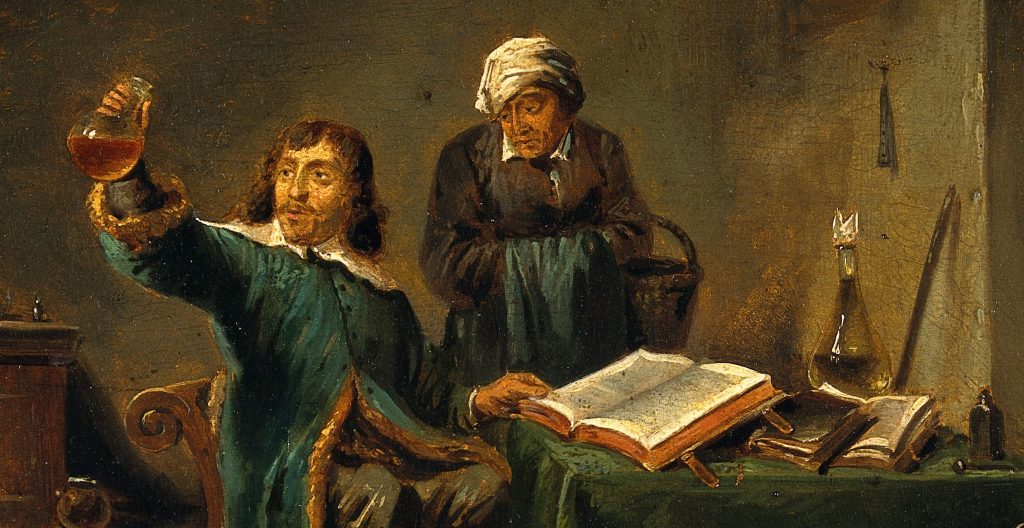When it comes to healthcare and access to medication, regulators need to get out of the way. There is an ongoing debate about cannabis liberalization, but there is another drug which needs to be made more readily available: epinephrine, an essential medicine against severe allergic reactions.
Recently, my family took a holiday in a remote area, surrounded by nature, accompanied by children and elderly relatives. When packing, we had to consider that in case of an emergency, the ambulance would take some time to arrive, so we had to prepare accordingly. Plasters, painkillers, and various tablets for fever, upset tummies, and coughs were duly placed in our toiletry bags. Still, one thing was missing: an effective drug to treat severe allergic reactions.
Luckily, none of us had any known allergies. However, anaphylaxis can appear out of the blue from food, or an insect sting, according to Mayo Clinic, my go-to website for checking medical conditions. The dedicated page on anaphylaxis on the website goes on to warn readers:
“Anaphylaxis requires an injection of epinephrine and a follow-up trip to an emergency room. If you don’t have epinephrine, you need to go to an emergency room immediately. If anaphylaxis isn’t treated right away, it can be fatal.”
Epinephrine, a life-saving medicine, is not an over-the-counter drug. It requires a prescription, given to those who have known allergies. This needs to change. There should be an EU-wide pharmaceutical policy to make certain essential medicines more easily available.
Granted it is scary to self-administer an injection-based medicine or administer it to someone else, but it can save lives. Recently, nasal delivery of epinephrine was also approved, which unfortunately is also prescription based.
Epinephrine is not widely abused. If anything, it is underused. Allowing people to buy it readily would be immensely helpful. If certain countries can legalize medicinal marijuana, why such a life-saving drug as epinephrine cannot be more readily available than cannabis?
Restaurants and schools should have this essential medication on standby, yet in Hungary, teachers are not allowed to give any medicine to pupils, and children under 14 cannot decide on their own how to medicate themselves. When my step-daughter complained of a headache at school, her teacher called us, and we had to rush in the middle of the day to the school for something as banal as a headache (which nonetheless causes great discomfort to a seven-year-old already tired from all the classes) to give her a painkiller designed for kids.
What if a small child gets stung by a bee in the schoolyard? Teachers cannot do anything, nor do they have any medicine available. What if the ambulance comes late?
Governments want to control essential medicines when they cannot even control recreational drugs. There is a debate about recreational drugs, Germany legalized marijuana, while others decriminalized it. As a result, I could more easily use cannabis while seeing a loved one suffer than help them. This is nonsense.
I would much rather have epinephrine in my pocket and never use it than to recreationally use any drug, but that is me. I understand there should be a public debate on legalization, but I would also like to see as fierce a debate on making epinephrine more freely available.



